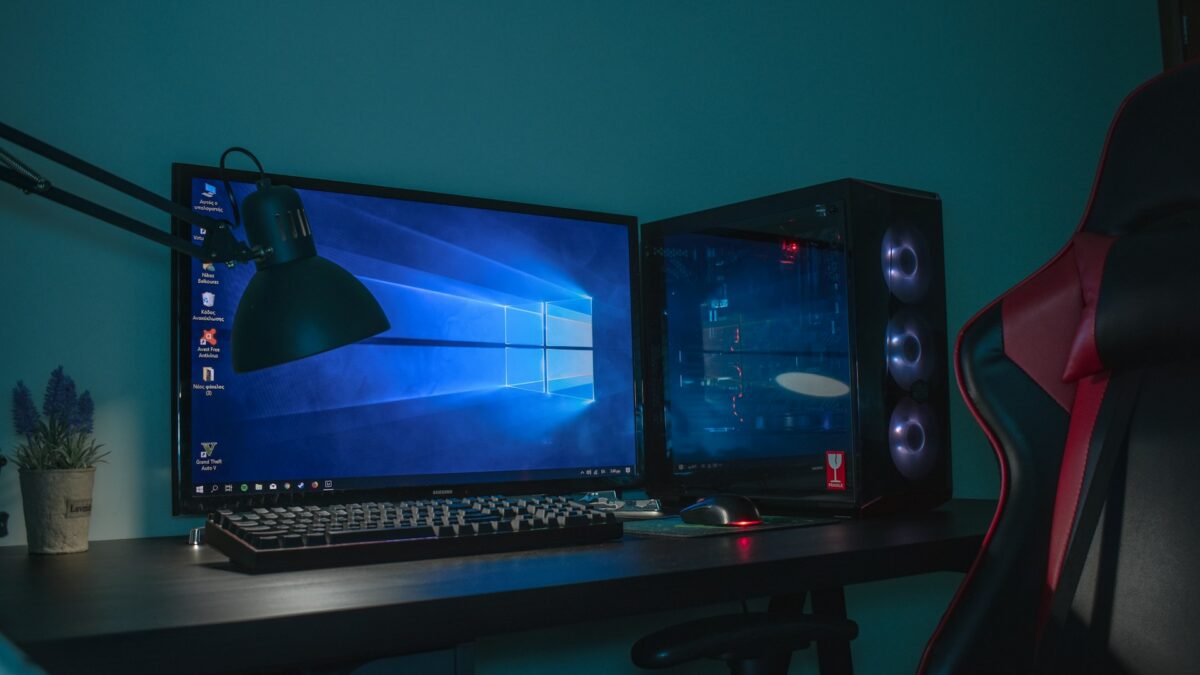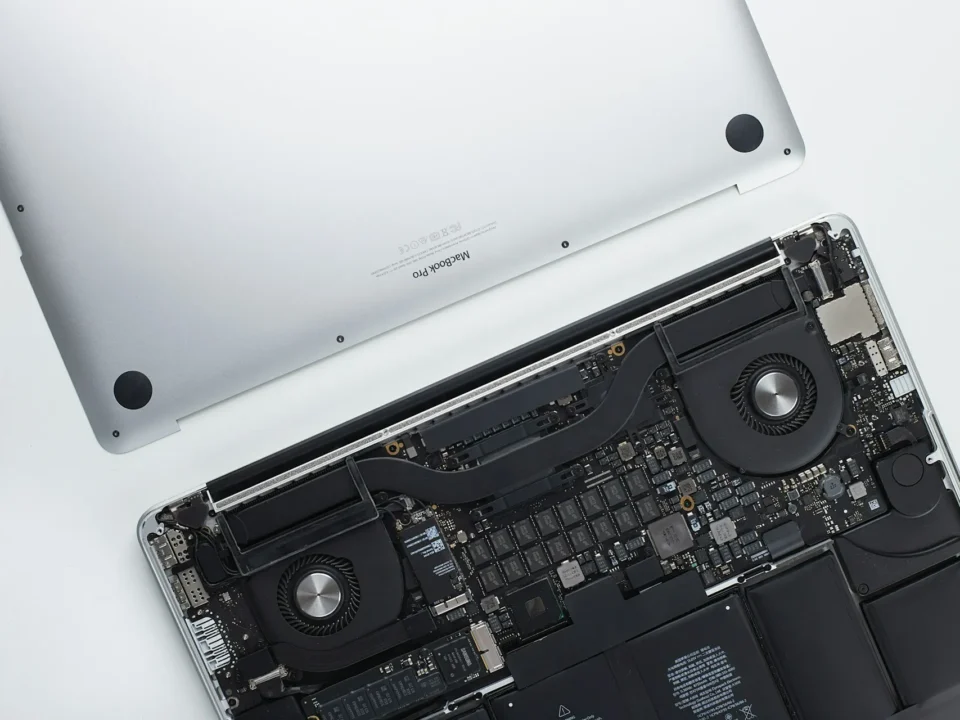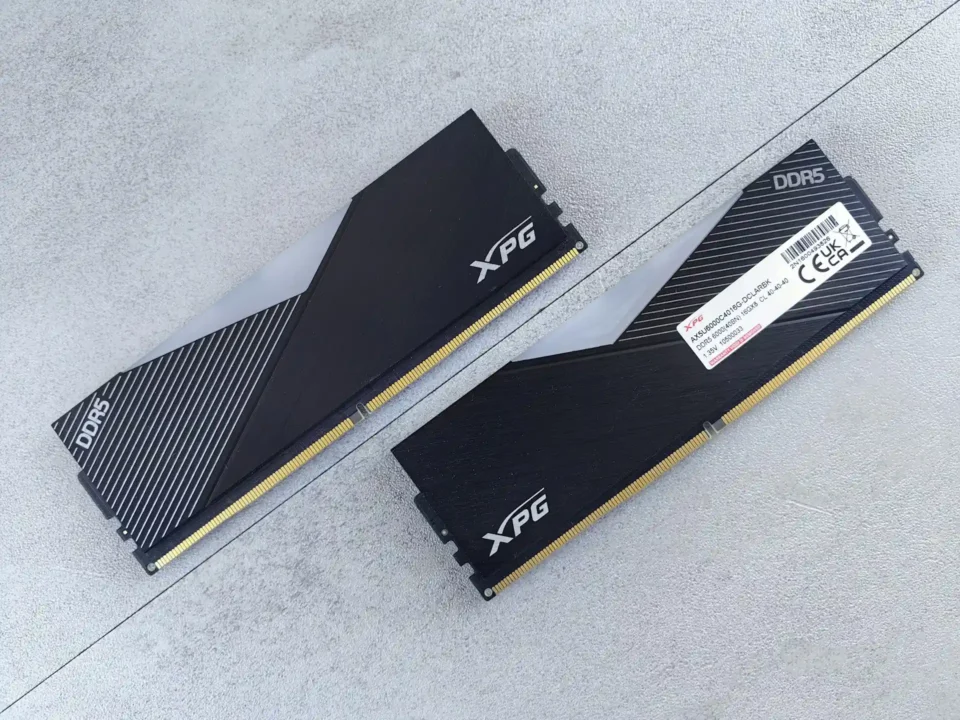What are the key components when building your computer system?

What is an antivirus system and why you need it?
January 30, 2024
Windows lifespan and when we should upgrade to the next version
March 21, 2024When building a computer system, whether it’s for personal use, gaming, or professional tasks, several key components are essential:
Processor Unit (CPU):
- The CPU, or processor, is the primary component responsible for executing instructions and performing calculations in a computer.
- CPUs come in different architectures, speeds (measured in GHz), and core counts. More cores generally allow for better multitasking and handling of multithreaded applications.
Motherboard:
- The motherboard is the main circuit board that connects all components of the computer.
- It houses the CPU socket, memory slots (DIMM slots), expansion slots (PCIe slots), storage connectors (SATA, M.2), and ports for connecting peripherals.
- Motherboards vary in size (ATX, microATX, mini-ITX) and features (number of USB ports, PCIe slots, etc.).
Memory (RAM):
- Random Access Memory (RAM) stores data temporarily for quick access by the CPU.
- RAM capacity is measured in gigabytes (GB) and affects the system’s ability to run multiple programs simultaneously.
- RAM speed (measured in MHz) influences the speed at which data can be accessed.
Storage:
- Storage devices hold data permanently or semi-permanently.
- Solid State Drives (SSDs) offer faster read/write speeds and are ideal for the operating system and frequently used programs.
- Hard Disk Drives (HDDs) provide larger storage capacities at a lower cost per gigabyte and are suitable for mass storage of files and data.
Video Card (GPU):
- The GPU handles rendering and processing of images, videos, and 3D graphics.
- It’s crucial for gaming, video editing, and tasks requiring high graphical performance.
- GPUs can be integrated into the CPU (integrated graphics) or come as separate discrete graphics cards.
Power Supply Unit (PSU):
- The PSU converts electrical power from an outlet into usable power for the computer’s components.
- It supplies power to the motherboard, CPU, GPU, storage drives, and other peripherals.
- PSU wattage and efficiency ratings are important considerations based on the power requirements of the components.
Computer Case:
- The computer case houses and protects the internal components.
- It comes in various form factors and designs, providing space for motherboard, drives, and cooling solutions.
- Considerations include airflow, cable management, and aesthetics.
Cooling System:
- Cooling systems prevent overheating of components, ensuring stable performance and longevity.
- Air cooling solutions include fans and heat sinks, while liquid cooling systems use coolant-filled tubes and radiators.
- Efficient cooling is crucial, especially for CPUs and GPUs under heavy loads.
Input and Output Devices:
- Input devices include keyboards, mice, touchpads, and other peripherals for user interaction.
- Output devices include monitors, printers, speakers, and headphones for displaying or outputting information.
Operating System (OS):
- The OS manages hardware and software resources, providing a user interface for interaction.
- Popular operating systems include Microsoft Windows, macOS, and various Linux distributions.
Peripherals:
- Additional devices such as webcams, external storage drives, scanners, and networking equipment enhance the functionality of the computer system.
- Peripheral selection depends on specific needs and usage scenarios.
These components work together to form a functional computer system tailored to your requirements, whether it’s for everyday tasks, gaming, content creation, or professional workloads. Understanding the role of each component helps in making informed decisions when building or upgrading a computer.
What is the difference between a gaming PC and a normal PC for work?
The primary difference between a gaming PC and a normal PC for work lies in its hardware specifications and intended use.
A gaming PC typically features:
- High-performance components: Gaming PCs are equipped with powerful CPUs, GPUs, and ample RAM to handle resource-intensive tasks like rendering complex graphics, running multiple applications simultaneously, and processing large amounts of data quickly.
- Dedicated graphics card: Gaming PCs have a dedicated graphics processing unit (GPU) optimized for rendering high-quality graphics and achieving smooth gameplay in demanding video games.
- Enhanced cooling systems: Gaming PCs often incorporate advanced cooling solutions, such as liquid cooling systems or multiple fans, to maintain optimal operating temperatures during extended gaming sessions.
- Overclocking capability: Many gaming PCs are designed with overclocking in mind, allowing users to increase the CPU and GPU clock speeds for improved performance in games.
- RGB lighting and aesthetic features: Gaming PCs often feature customizable RGB lighting and visually striking designs to enhance the gaming experience and appeal to enthusiasts.
On the other hand, a normal PC for work typically emphasizes:
- Reliability and stability: Work PCs prioritize reliability and stability over raw performance, ensuring consistent operation for productivity tasks such as word processing, web browsing, email, and business applications.
- Integrated or basic graphics: Work PCs may have integrated graphics or entry-level discrete GPUs sufficient for everyday productivity tasks but not optimized for gaming or graphics-intensive applications.
- Quiet and efficient cooling: Work PCs prioritize quiet and efficient cooling solutions to minimize noise levels and maintain a comfortable working environment in office settings.
- Cost-effectiveness: Work PCs often prioritize cost-effectiveness by using mid-range or budget-friendly components that meet the performance requirements of typical office tasks without unnecessary extravagance.
Overall, while gaming PCs are designed to deliver high-performance and immersive gaming experiences, work PCs prioritize reliability, stability, and cost-effectiveness for productivity tasks in office environments.




